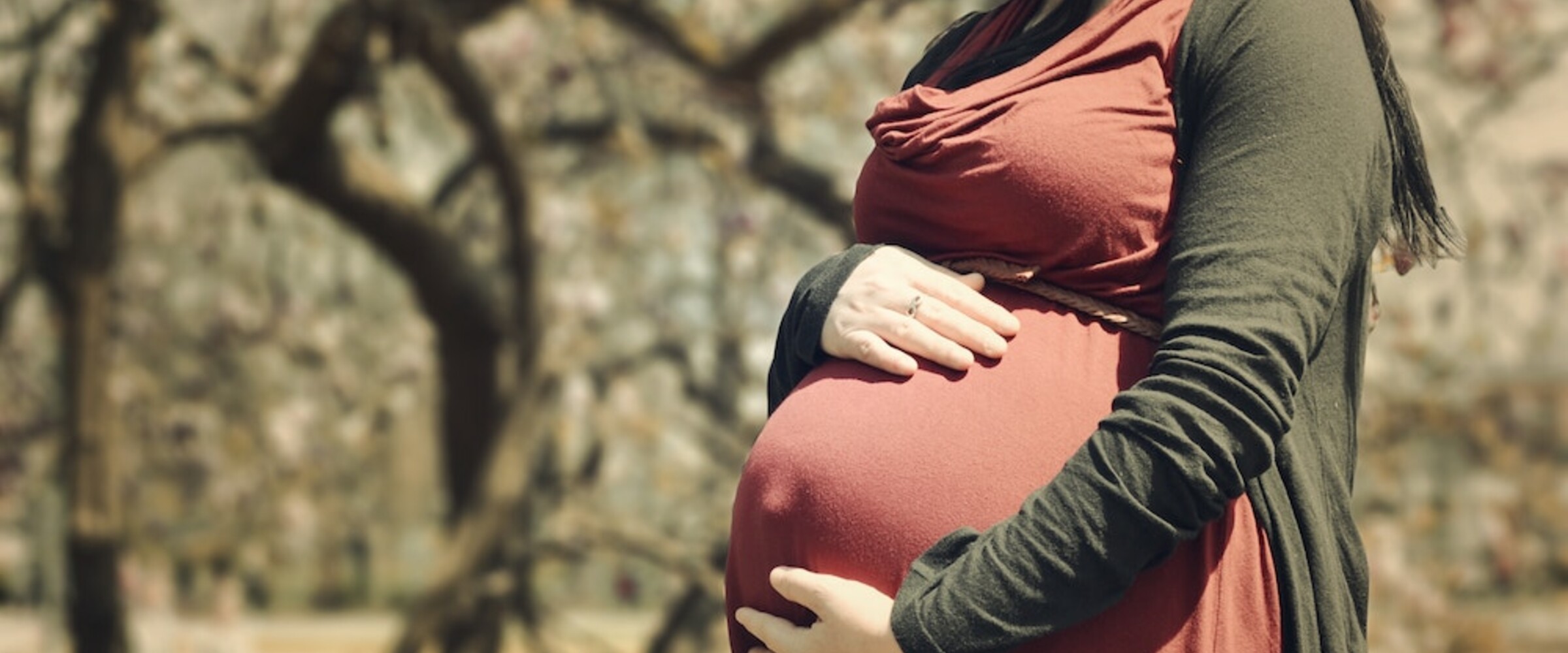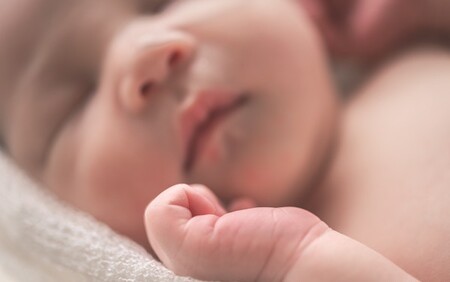
9 facts about using donor eggs
IVF treatment with donor eggs at Complete Fertility Centre
Here at Complete Fertility Centre we are delighted to offer our patients treatment with donor eggs with no waiting list. Now our patients can receive IVF treatment with donor eggs within three to six months of their initial consultation.
- Women need donor eggs for a multitude of reasons. These include: if they have undergone treatment for cancer that has damaged their eggs and ovaries so that no eggs are produced, recurrent IVF failure, if they have a congenital condition where their ovaries are absent or underdeveloped, premature menopause, their embryo quality has been poor in past IVF cycles, where there is a risk of passing genetic disorders to a child and declining ovarian function due to age.
- Scientists have discovered that women who use donor eggs can affect their children’s genes. Research shows in principle the baby will have some micro RNA (short sections of RNA), a chemical relative of DNA, from the woman using donor eggs even though the egg is from another woman. It’s well established, that our experiences and environment continue to influence the gene activity throughout our lives. The role of the woman who carries the embryo (baby) is therefore paramount.
- Egg donors have to be fit, healthy and young. Aged between 18 and 35 years with two normal ovaries, egg donors must have no personal family history of inheritable disorders, normal blood results for all screening tests, no history of transmittable disease or endometriosis, or have previously responded poorly to infertility drugs.
- As an egg recipient it’s important to choose a suitable egg donor. Due to anonymity laws you won’t be able to see a photograph of the donors available but you should consider their physical characteristics to ensure your child fits in well with you and your family. These include ethnic origin, height, build, skin tone, hair colour and eye colour. Additionally you’ll have access to information on the donor’s interests, aspirations, education and reasons for donating. Your fertility clinic will offer you the closest match to your requirements during the matching process.
- Often donors are invited to write a pen portrait that includes a description about them and a goodwill message intended for any child or children born as a result of their donation. With this information you’ll be able to talk to your donor-conceived child in more detail about their donor and their origins.
- As an egg recipient you must be under 50 years of age and emotionally and psychologically suitable to receive donated eggs.
- It’s important to see a Counsellor to fully explore the implications of using donor eggs before making a final decision. A Counsellor will talk through many important issues such as what you’re going to tell a child resulting from egg donation about his or her origins and the best timing for this.
- You can use the eggs of a known or anonymous donor who will donate their eggs altruistically or through an IVF egg share scheme.
- When a donor conceived child reaches 18 years old they can request information about their donor that includes potentially identifiable information.
More info
Our webpages have detailed information about IVF using donor eggs. Alternatively you can speak to Julie, our Donor Coordinator on 023 8120 8359 or email her at donorcoordinator@completefertility.co.uk.

